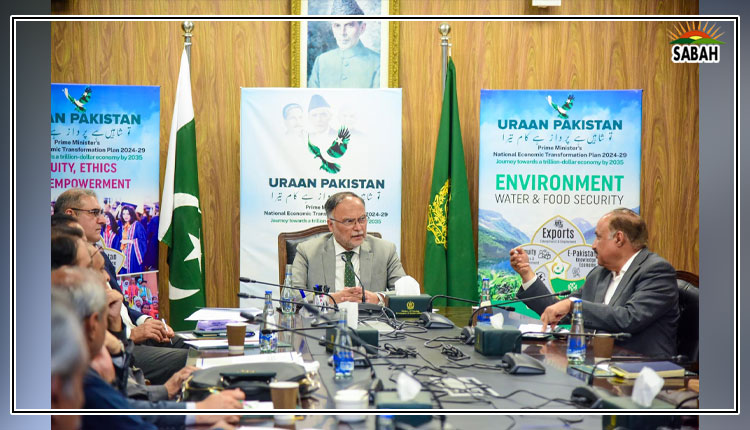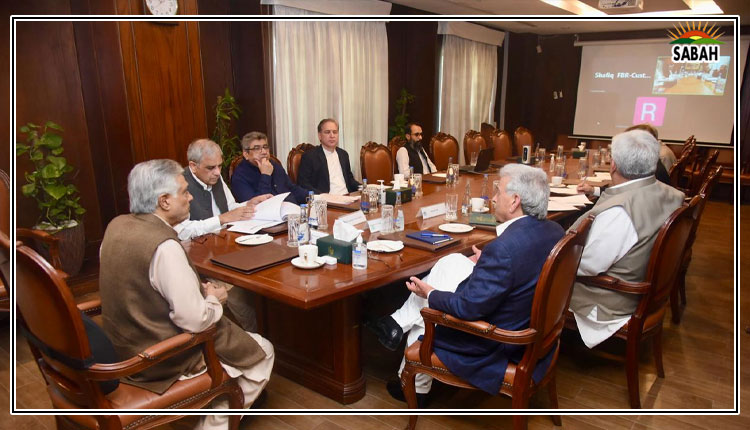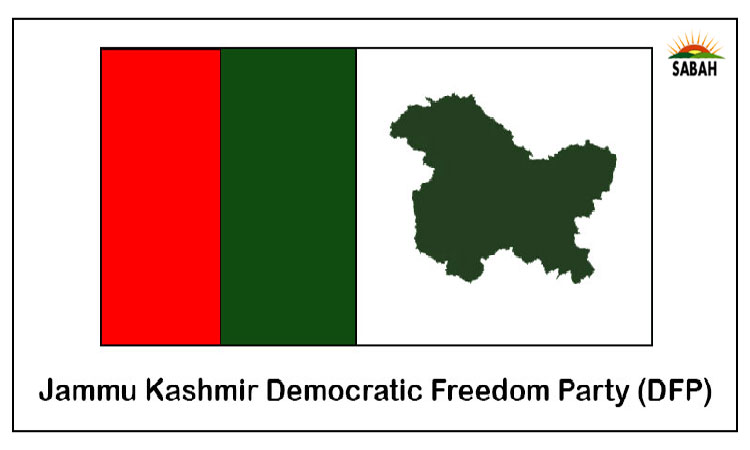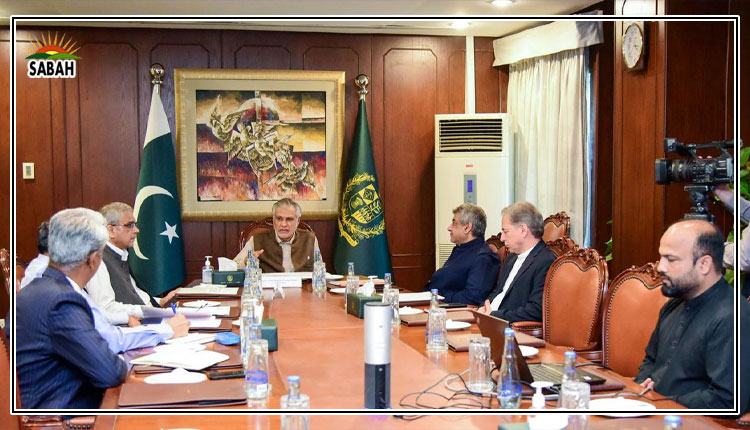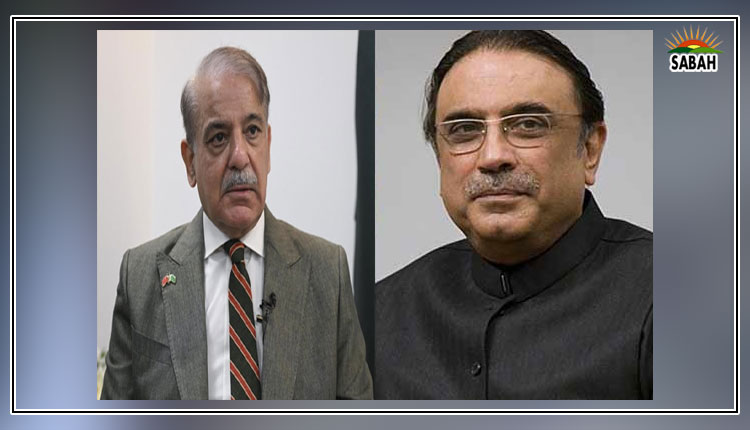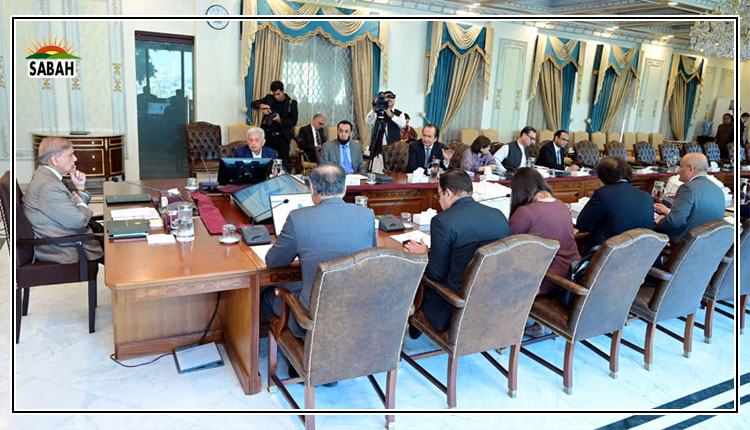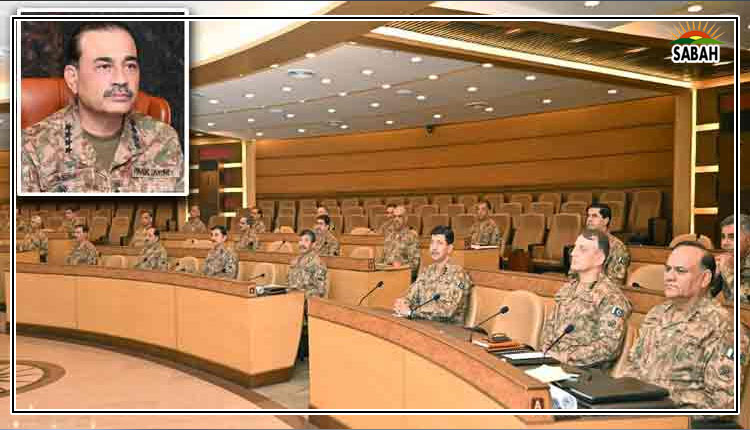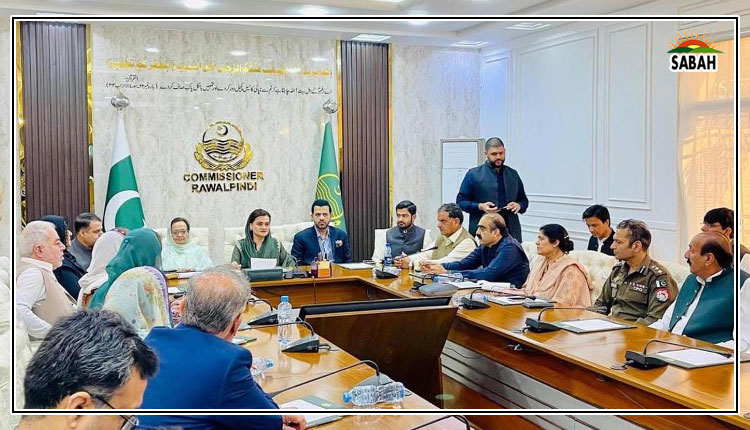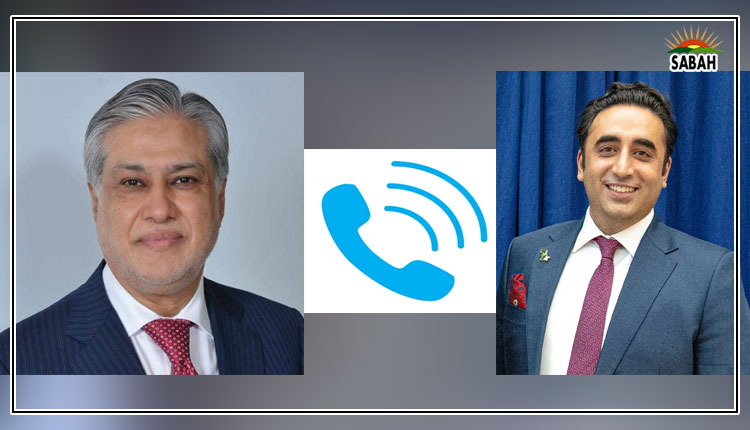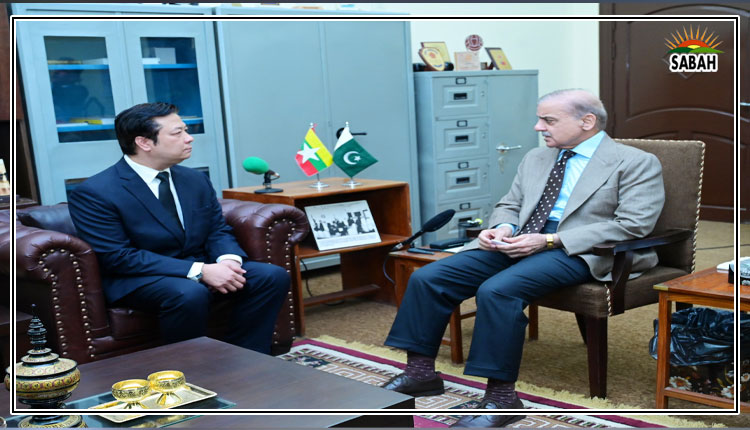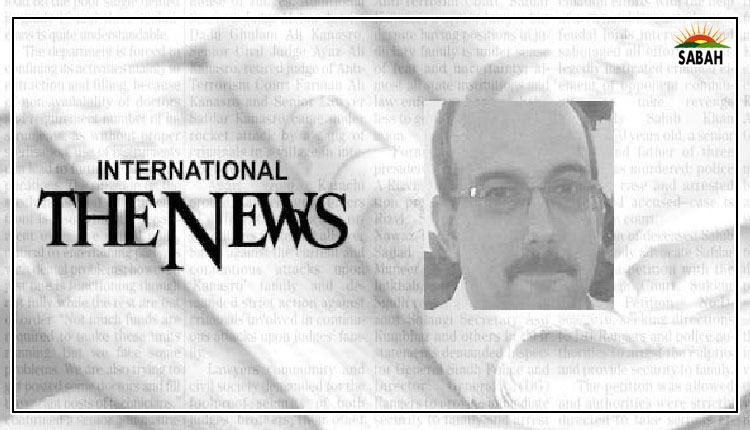HEC, Holi and identity crises…Dr Naazir Mahmood
Changing the world for future generations is one of the primary tasks of education, more so of higher education. A recent letter by the executive director (ED) of the Higher Examination Commission (HEC) to heads of institutes of all public and private sector institutes of higher education in Pakistan reflects how our state has been trying to shape the world for our youth.
The PML-N government has been on the same destructive path that the PTI government was following. Rather than appointing some sensible and forward-looking persons on some of the top positions in the education ministry and in the HEC, it has appointed or has continued with some of the worst possible choices in the ministry and in the commission. The government has tried to rebrand the same Single National Curriculum (SNC) with a slightly different name. It removed a highly competent and enlightened chairman Dr Tariq Banori, and has given extension to a retired bureaucrat as executive director.
The letter in question has the subject line: On campus celebrations of events & (sic) festivals. It begins with a long sentence reminding all rectors and vice-chancellors of universities across Pakistan that Higher Education Institutions (caps original) are inter alia responsible for dissemination of knowledge and are essential actors in transforming youth into humane, caring, and cultural individuals, besides creating a [workforce] that has skill sets in accordance with the prioritized needs of the country and also espouses the cultural and moral values as laid down by our religion.
Before discussing the actual intent of the letter prevention of Holi celebrations this opening sentence itself calls for a dissection. The honourable executive director assumes that the heads of all private and public sector universities including some of the best and most prestigious institutes in Pakistan such as the Aga Khan University (AKU), Lahore University of Management Sciences (Lums), Institute of Business Administration (IBA), National University of Science and Technology (NUST), the National Defence University (NDU); the universities in Balochistan, Gilgit-Baltistan, Khyber Pakhtunkhwa, Punjab, and Sindh all lack an understanding of what they are responsible for.
Before the learned executive director arrogated to herself the authority to pontificate about the responsibilities of over 200 rectors and VCs, she herself direly needed a better understanding of higher education. It is more about building knowledge and creating new possibilities rather than disseminating knowledge which is an old and outdated conception at higher education. More than being essential actors in transforming youth, HEIs should be facilitators and providers of a conducive atmosphere where learners are not acted upon by essential actors. Rather they have an enabling environment to ask questions, breathe freely, communicate openly, and are able to demonstrate their art, culture, and diversity.
It is not anybodys responsibility to transform anybody else, let alone the captive audiences we call pupils. Grooming and nurturing is what a good institution or teacher does by offering a safe and sound campus where learners acquire better understanding of other cultures, become more tolerant, and see themselves grow as equal and responsible citizens. They become caring and humane where their elders and institutions themselves are caring and humane. If our administrators and bureaucrats are not friendly, loving, and sympathetic to all nuances of beliefs and cultural activities, they end up braising our youth in a simmering liquid that we dish out as education.
Being humane means being tender, showing compassion and sympathy, especially to those who are suffering injustices or are distressed just by the fact that they are on the margins of society. A humane person causes least harm to anyone, including animals. Is there any celebration of a festival that causes harm to others, I leave the answer to the reader to ponder. The HEC executive director also talks about cultured individuals perhaps without realizing what a cultured individual does. A cultured individual carries a refined and enlightened attitude and that is reflected more in cultural pursuits, of course with some help from parents and teachers and not from bureaucrats.
Then she goes on to write about a workforce that has skill sets in accordance with the prioritized needs of the country. Wait a minute! May we know what the prioritized needs of the country are? Who set them? When? Where? How? By Jove, look at any education policy or white papers and commission reports and we have had dozens of them you will find plenty of clichs but no substance. A lot of paperwork with learning outcomes and other fancy words without the required intellectual capacity in our education managers to produce any positive results.
The letter exhorts the heads of HEIs to espouse the cultural and moral values as laid down by our religion. One would like to ask if there is any consensus on our cultural and moral values. This assumes that in Pakistan there is only one our religion; ideally she should have used a plural expression our religions, as in Pakistan we also have Ahmadis, Bahais, Christians, Hindus, Sikhs, and Zoroastrians. And look what we have done to our youth in the name of the values that we have been trying to impose on them.
The executive director in her letter has also reminded the heads of HEIs of the mandate the HEC enjoys as laid down in its ordinance to formulate policies and priorities based upon the concepts embodied in our own culture, values, and traditions, thus preserving the nations ideology. First, the mandate does not authorize the HEC to impose a ban on celebration of events and festivals. Second, there are no concepts embodied in our own culture, because Pakistan is a multicultural, multi ethnic, and multilingual society; attempts to prove otherwise resulted in alienation of Bengalis which was not a result of a foreign conspiracy as our fifth generation warriors would like us to believe.
Then this obsession with preserving the nations ideology has cost our state dearly but its functionaries are not ready to learn any lessons from history. Let it be clear once again that Pakistan came into being based on a specific ideology 76 years ago. It has now become a reality, and there are no two nations. Pakistan has multiple nationalities and all of them have their own distinct cultures and traditions. Please dont try to impose one set of cultural mores on everyone; let people decide what they want to celebrate and what not.
The executive director says she is sad to witness activities that portray a complete disconnect from our sociocultural values and an erosion of the countrys Islamic identity. Again, sociocultural values are not for the executive director to decide and impose; people anywhere in the world have the right to decide what their sociocultural values are and they do not need a bureaucrat to instruct them in this matter. Of course, no state can and should tolerate violence in the name of values; as long as a celebration remains non-violent, people and youth have every right to enjoy and partake of it.
Erosion of identity also calls for an explanation about what constitutes an identity. Do countries and people have a single religious identity or are there multiple identities at play everywhere? An overemphasis on a single identity is a root cause of an intolerant society that lacks harmony, and thats what has happened to Pakistan. If one worries that the fervor exhibited in marking [the] Hindu festival of Holi has disadvantageously affected the countrys image there is something seriously wrong, especially when ones LinkedIn profile shows a doctorate from Geneva School of Diplomacy, Switzerland.
Courtesy The News


